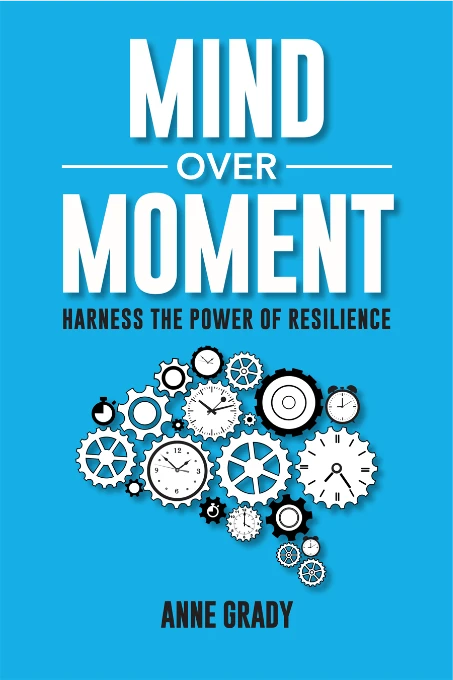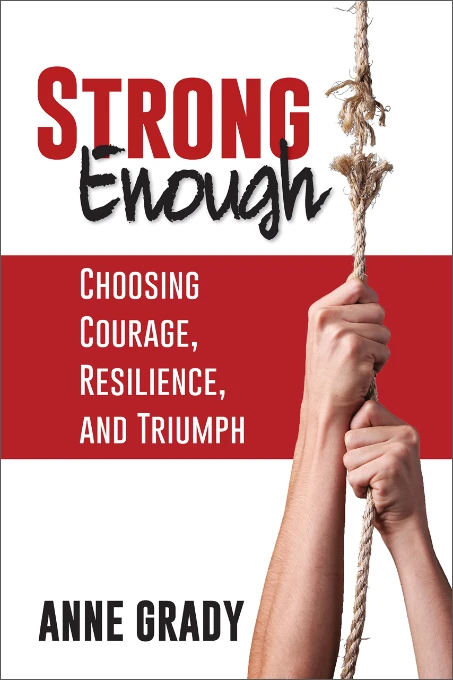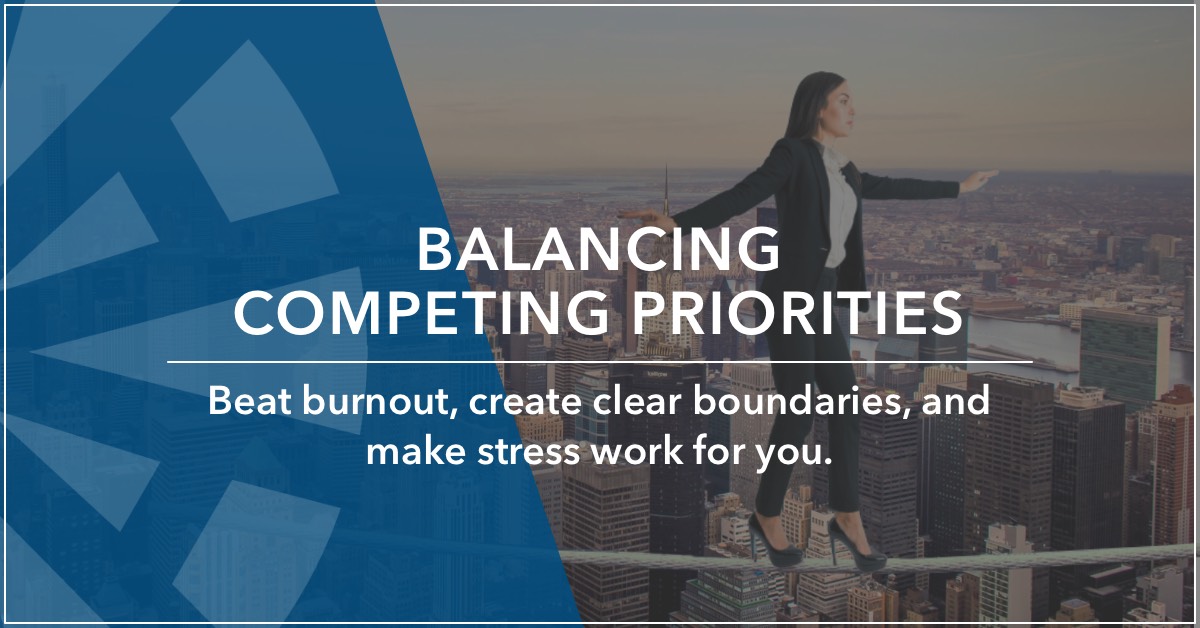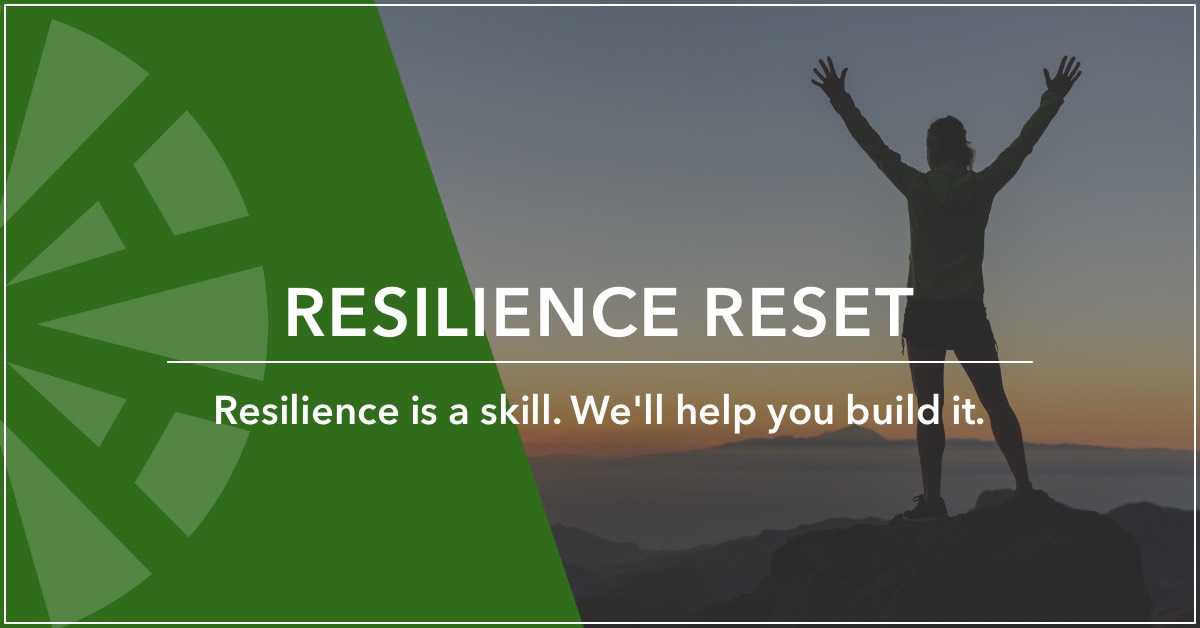Want to change a bad habit?
Want to change a bad habit?
Want to change a bad habit?
Whether it’s late-night snacking, procrastinating, or hitting the snooze button, we all have habits we wish we could break. But how do we actually change them?
Let’s start with the most important question –
What one habit would have the most dramatic impact on your well-being if you were to change it?
About half of our day happens on autopilot. Our life is a collection of habits. Some of these habits are helpful, and others aren’t.
Habits are your brain’s way of conserving energy. Cognitive shortcuts are formed when your brain converts repetitive actions, thoughts, or behaviors into routines. This process helps free up mental bandwidth for more complex tasks.
Changing habits takes time and repetition. Unlike pop psychology literature, it doesn’t take 30 days or 60 days. The more often you practice, the faster the habit forms.
How to Change a Habit
If you’ve ever tried to change a habit, you know how hard it can be. That’s because the more often you practice the habit, the more ingrained the habit becomes. The good news is that we can rewire our brains and make lasting changes. Here’s how…
1. Find Your “Why”: Change happens in one of two ways – inspiration or desperation. Without a compelling reason, change feels unnecessary. Your motivation has to be stronger than the comfort of staying the same. In other words, the pain of staying where you are has to be greater than the pain of change.
2. Replace the Habit: You can’t just stop a habit—you have to replace it with a more productive one. Habits leave a void when removed. If you don’t fill that void with a healthier alternative, the old habit will sneak back in.
3. Increase Friction: Make it harder to continue the habit. For example, if you’re trying to stop late-night snacking, don’t buy snacks. If you want to stop online shopping before bed, leave your phone in another room. The harder it is to engage in the habit, the less appealing it becomes.
4. Find the Habit’s Job: Every habit serves a purpose. Think of it as the habit’s job. Do you worry because you think it helps you better prepare or eases anxiety? Do you drink to numb stress or crawl into bed when overwhelmed? The real goal is to find a better way to get the job done.
How can you prepare better to reduce anxiety, prioritize so you’re not overwhelmed, or cope with stress more effectively? Often, bad habits are coping mechanisms for avoiding discomfort or managing emotions.
What’s Next?
Changing habits requires persistence and patience. The good news? Every small change you make is a step toward a better version of yourself.
If you’re looking for additional inspiration and strategies, books like Atomic Habits by James Clear and The Power of Habit by Charles Duhigg are excellent resources.
Take a moment right now. Write down one habit you want to change and the first small step you’ll take today. The perfect time to change a habit is now. So, if you’ve been waiting for a sign, this is it. Take that first step—you’re stronger than you think!









